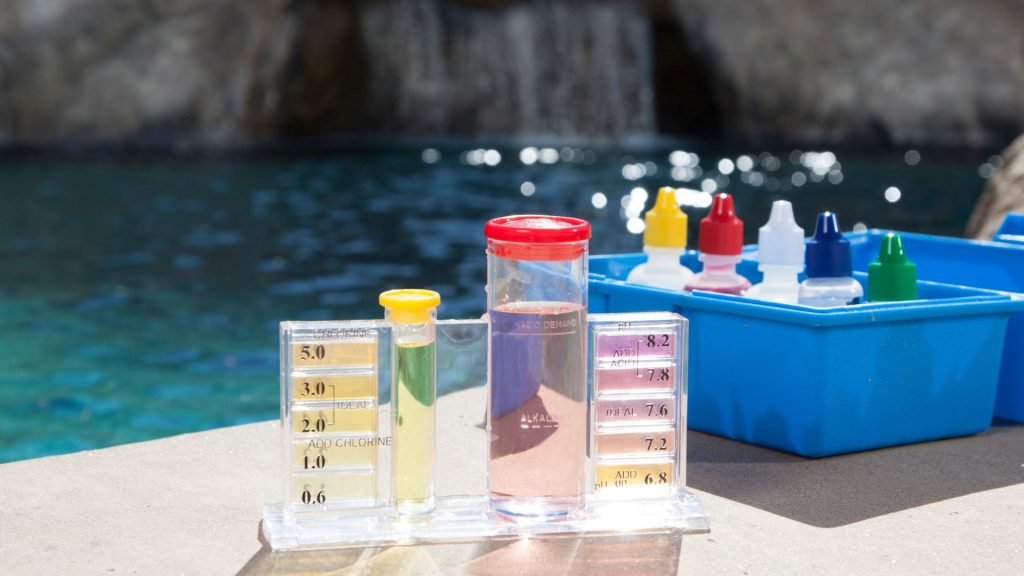Maintaining a swimming pool involves more than just keeping the water clean; it’s about ensuring the safety and health of everyone who uses it. Regular pool safety inspections are a crucial part of this process. Whether you’re a homeowner or manage a commercial facility, understanding what to expect during these inspections can help you stay compliant with pool safety regulations and maintain a safe environment.
Why Are Pool Inspections Important?
Pool inspections are essential for identifying potential hazards and ensuring that your pool meets all pool safety standards. These inspections cover various aspects, from pool water quality to the condition of safety equipment. By staying proactive with pool safety compliance, you can prevent accidents and maintain the longevity of your pool equipment.
What to Expect During a Pool Inspection
1. Pool Water Testing

One of the first things an inspector will do is test the pool water quality. This involves checking the chemical balances, such as pH and chlorine levels, to ensure they are within safe ranges. The inspector will also look for signs of algae or bacteria growth, which can indicate inadequate maintenance.
2. Pool Equipment Inspection
The inspection will also cover the pool’s equipment, including pumps, filters, and heaters. The inspector will check for any signs of wear and tear or malfunctioning components. Regular pool equipment maintenance is crucial for keeping your pool safe and operational.
3. Safety Features Check
Inspectors will examine pool safety features such as fencing, gates, and alarms to ensure they meet local safety codes and are functioning correctly. Any missing or non-functional safety features will be noted in the pool inspection report.
4. Structural Integrity Assessment
The structural integrity of the pool, including the deck, tiles, and coping, will be assessed. This is to ensure there are no cracks, leaks, or other structural issues that could pose a safety risk.
5. Compliance with Pool Health Regulations
The inspection will ensure that your pool complies with all local pool health regulations. This includes adhering to safety guidelines and maintaining proper documentation of inspections and maintenance.
Types of Pool Inspections
1. Commercial Pool Inspections

For businesses with pools, such as hotels and health clubs, commercial pool inspections are mandatory. These inspections are more comprehensive and frequent to ensure the safety of a larger number of users.
2. Residential Pool Inspections
Homeowners also need to ensure their pools are safe through residential pool inspections. These inspections are less frequent but equally important for maintaining a safe environment for family and friends.
3. Benefits of Regular Pool Inspections
- Peace of Mind: Knowing that your pool is safe and compliant with regulations gives you peace of mind.
- Cost Savings: Regular inspections can help identify and address minor issues before they become costly problems.
- Health and Safety: Ensuring that your pool is free from hazards and contaminants protects the health and safety of all users.
Conclusion
Regular pool safety inspections are a vital part of pool ownership. By understanding what to expect and staying proactive with pool maintenance checklists, you can ensure that your pool is always safe and enjoyable. Whether you’re preparing for a pool safety audit or need a pool inspection checklist, working with a professional pool care service can make the process smoother and more effective.
For more information on pool inspection services and how to maintain a safe pool environment, contact us at Sapphire Pool Services today. Stay informed, stay safe, and enjoy your pool with confidence!

0 Comments